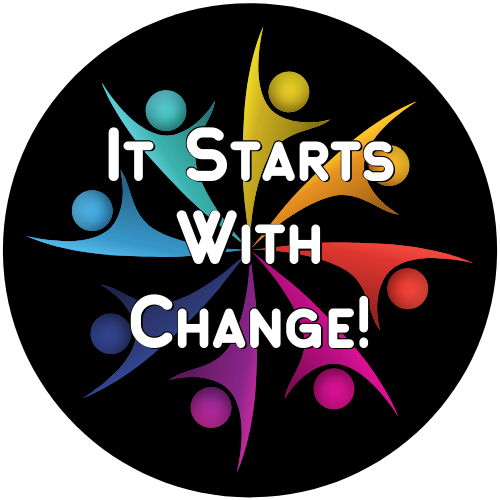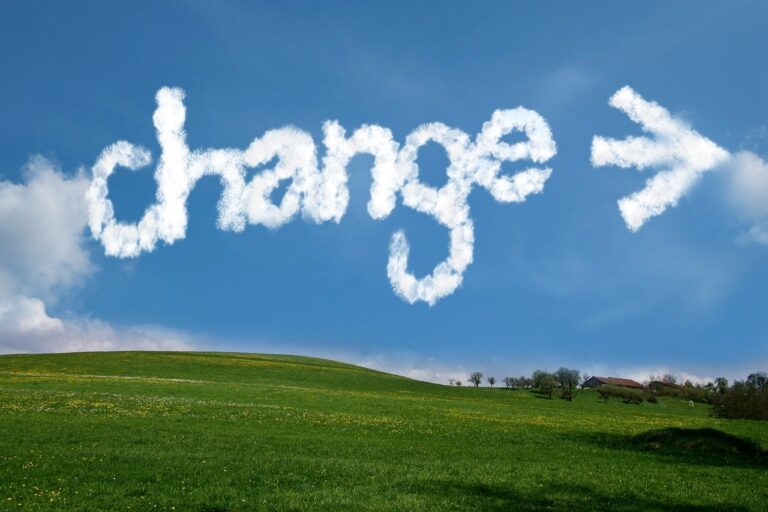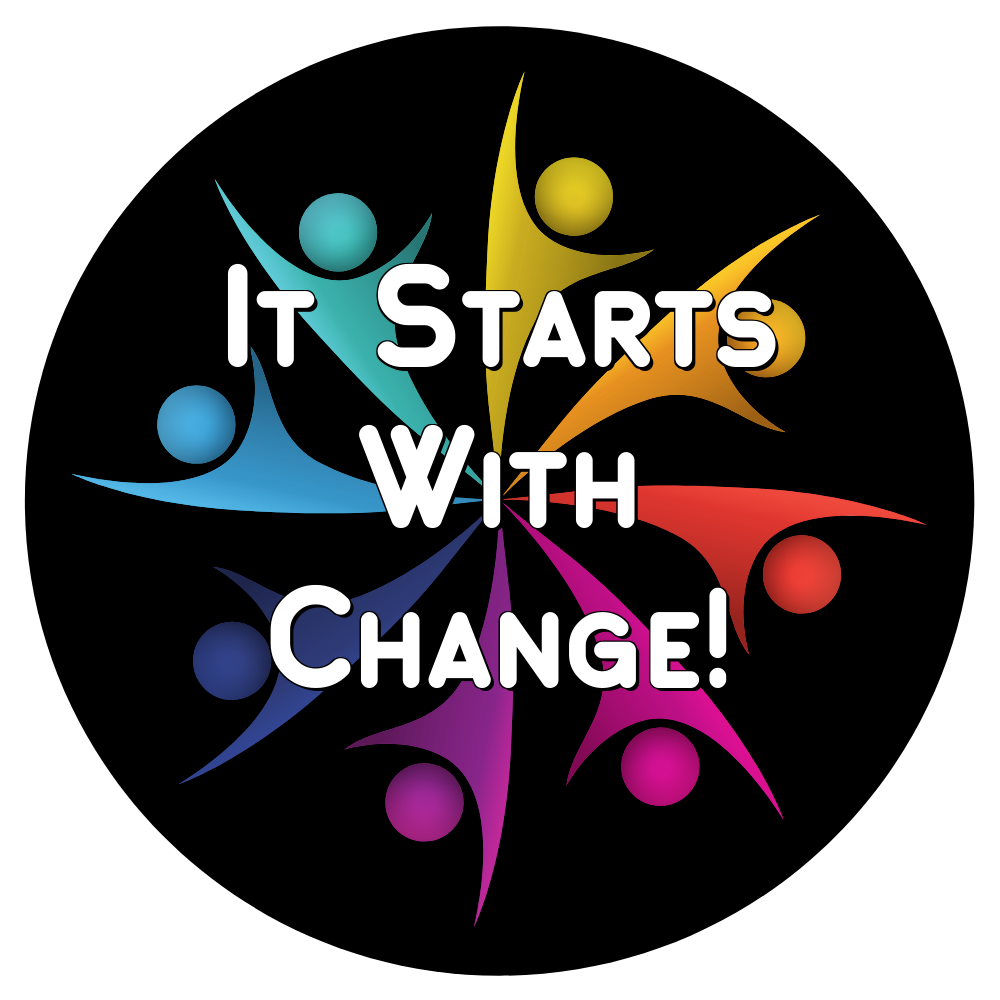One in three of us feel lonely, and loneliness is currently a top google search in the U.S. today. We live in the most technologically connected time in history, yet we are feeling chronically disconnected.

Loneliness Hurts: Emotionally as Well as Physically
Over time, the lonelier you feel, the more you hide from others until your loneliness becomes chronic. Your body begins to go into a defensive, protective, self-preservation mode and you start to view the world as a dangerous and hostile place.
Others’ intentions are misinterpreted as dishonest and insincere, causing you to pull more and more away. This causes you to appear colder and more socially awkward than you truly are which makes you feel more negative. The more you avoid others because of these feelings, the lonelier you feel and the cycle continues to worsen over time. Loneliness has a profound effect on your physical health.
The effects of loneliness are twice as deadly as obesity or smoking a pack of cigarettes a day. Loneliness can make us age faster, our immune system weaker, cause Alzheimer’s and cancer to advance faster, and cause us to become depressed.
How Can We Feel So Disconnected When We are More Connected Through Technology Than Ever?
You might be wondering how we can be so lonely with the number of followers, virtual friendships, and online connections we have. While it is true we are spending more time online than ever, it’s also true that we are spending less time forming real, in-person connections.
It turns out, that loneliness has become a public health crisis simply because it has nothing to do with the number of relationships but everything to do with the quality.

The Need to Connect is Deeply Rooted
Let’s discuss the biological roots of human connection. At our core, we are social animals and back in the day, our ancestors lived together in close-knit tribes fulfilling this need. These early day-to-day, in-person relationships meant survival. Staying alive depended on connections and teamwork so early humans didn’t dare disrupt the status quo.
Any behaviors deemed unacceptable by the tribe meant rejection and rejection equaled isolation and eventual death.
Rejection lights up the same receptors in our brain as physical pain. We still crave human connection just as our ancestors did, but at the same time fear rejection from our “tribe” because its consequences are so biologically rooted and because, well, it literally hurts.
What is Loneliness?
True loneliness is feeling alone even when being surrounded by others either virtually or in real-time. Loneliness is not about the number of people in your life, but about a lack of intimate connection with them.
In order to not feel lonely, one has to feel seen, heard, and valued by the people in their lives and to spend quality time with them. True connections with others require two types of commitments. One is the commitment of time and the other is a commitment to being yourself.
Time: One Barrier to Connection
The number of close friends reported by adults has dropped from 3 to 2 since 1985. While it’s naturally harder to find and keep close connections as adults because of an increase in responsibilities and demands on our time, it’s not the only reason personal connections are suffering.
Due to modern conveniences and societal advances, our survival depends less and less on the reliance of and teamwork with others. As a result, we have become increasingly solitary. The sense of close community our ancestors once enjoyed is slowly dissolving. True connection requires repeated attention to spending quality time with our friends, and families, in our intimate relationships and communities.
Truth: Another barrier to True Connection
While we no longer need our tribe for physical survival, the deep psychological need to be accepted still exists. This creates a psychological struggle between sharing who we truly are with the world and sharing who we think others want us to be to feel accepted.
Being True to Yourself Means Risking Rejection, but The Only Way to Truly Connect With Others is Through Vulnerability.
Connecting with others online is safe. You choose what you want others to see and what you do choose to share can be edited, filtered, cropped, and worded however you please. Our lives have become an endless parade of personal promotion where we are only promoting our best selves.
When you hide the essence of who you really are, you are focusing on what you lack. Showing only your best to others means you believe you are not enough.

The End of Loneliness Means Finding Your Tribe
If you want to feel a true connection, you first need to love and appreciate yourself, flaws and all, then you need to risk sharing your true self with the world. When you share your true self with the world, you risk being rejected by others who fear your differences but you also risk finding your tribe. The ones who will understand and connect with you best. When you feel understood you feel accepted and when you feel accepted, loneliness disappears.
The key to feeling understood and accepted by others is by first understanding and accepting yourself. When you are confident in presenting your true self to the world, finding your tribe will happen organically.
Here Are Some Tips For Presenting Your True Self and Finding Your Tribe
- Accept that it’s normal to feel lonely at times. Instead of feeling ashamed and asking “What’s wrong with me?” ask instead “How can I change my approach?
- Make a list of at least 5 valuable qualities you feel you possess. Why are they important and how can they help you connect with others?
- Check in with your perspective. Are you concentrating on the negative or assuming the worst in others? If so, change your perspective and focus on the power of positivity.
- Connect with as many people as you can, and share your true feelings, values, and successes as well as your failures
- Find more and more ways to be yourself and express your true nature
- Support others in their beliefs, values, and perspectives. Accepting others is the only way to truly accept yourself
- Open up, ask questions, ask for help, and show your vulnerable side to let others in
Investing in the time and vulnerability it takes to form true connections and making it a part of your everyday ritual will make a true difference in feeling at peace in the world.
You might also find this article The Awesome Possibility of Positivity helpful on your personal development journey.
Here are 3 great books to help you explore the topic of Loneliness.







One Response